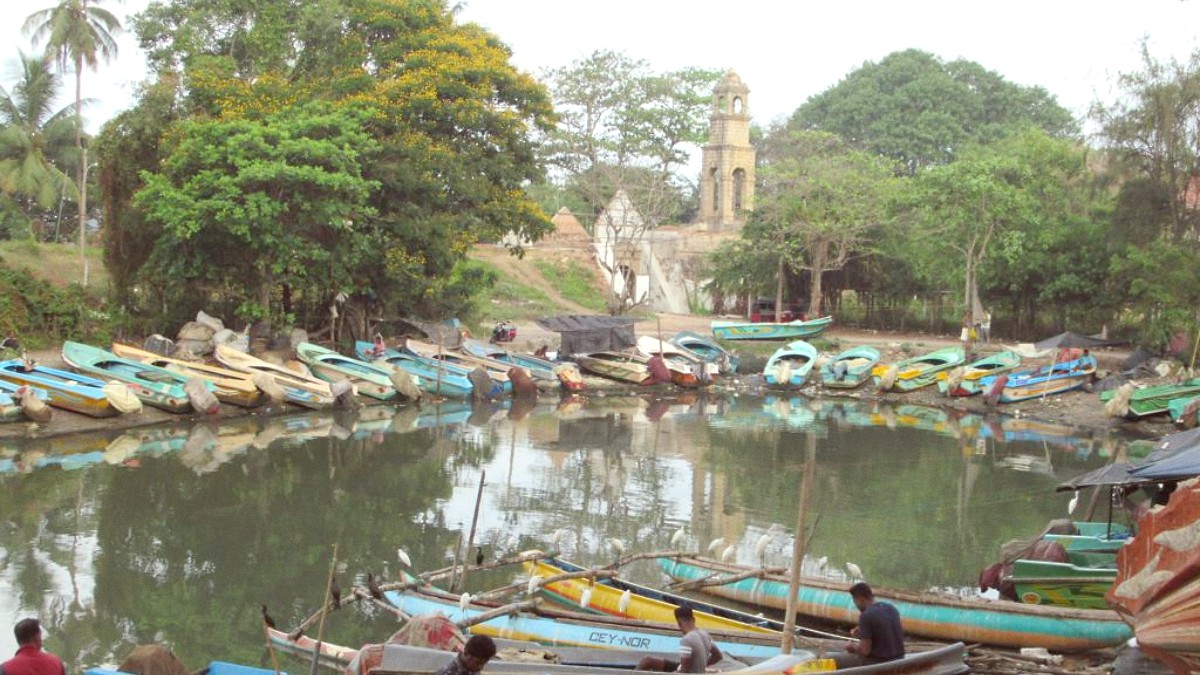
West Coast, Sri Lanka
Negombo offers varied water-based activities and nature exploration.
Negombo Beach is ideal for swimming and soaking up the tropical sun. Waters are generally calm during the dry season.
Coastal winds provide good conditions, specifically during the dry season (December to March). Centers along the main beach strip offer lessons and equipment.
Some hotels and independent water sports centers on the main beach offer these recreational activities for an adrenaline surge.
Each full moon day (Poya) is a public holiday and a Buddhist religious observance. Alcohol sales are restricted on these days, and many businesses may close early or have reduced hours.
Negombo offers various ways to unwind and focus on well-being.
Some hotels or dedicated wellness centers may offer yoga sessions, often with ocean or lagoon views, creating a peaceful practice setting.
Many hotels along the beach strip boast swimming pools and direct beach access. These areas suit lounging, sunbathing, and relaxation by the water.
Ayurveda, Sri Lanka's traditional medicine system, is widely practiced. Consult reputable practitioners for personalized treatments.
Some beachfront restaurants and bars, especially in high season, feature live music, often local bands playing Sri Lankan or international music.
Dedicated nightclubs are limited. The nightlife is subdued, centered on casual drinks and conversation, mainly hotel bars and beachfront establishments.
The main concentration of bars lies along Lewis Place and Porutota Road, the beachfront tourist strip. Several establishments are within easy walking distance.
Negombo is known for its coir industry. Find mats, ropes, brushes, and other coconut fiber items in local shops.
Tourist shops along the beach strip sell Sri Lankan handicrafts. Higher quality wood carvings and batik textiles exist in Colombo or Kandy.
For gemstones, seek certified dealers who provide authenticity certificates to avoid fake products. Better options might be in Colombo or Kandy.
Consider buying local spices (cinnamon, cloves, pepper), high-quality Ceylon tea, and local snacks like jaggery.
Traditional handicrafts like small wood carvings, masks, and batik fabric make excellent keepsakes.
Look for coir products, which Negombo is known for, offering an unique reminder of the area.
Gain insight into ethical shopping and necessary logistics for your purchases.
If you make large purchases, inquire with the vendor about reliable international shipping services.
Be aware of the customs regulations in your home country regarding imports, especially for food items, certain wood products, or anything potentially restricted. Declare items as required.
Keep receipts and any relevant certificates for customs purposes, specifically for high-value items.
Prioritize purchasing directly from local artisans to ensure your money benefits the community directly.
Do not purchase items made from endangered species or products that exploit child labor.